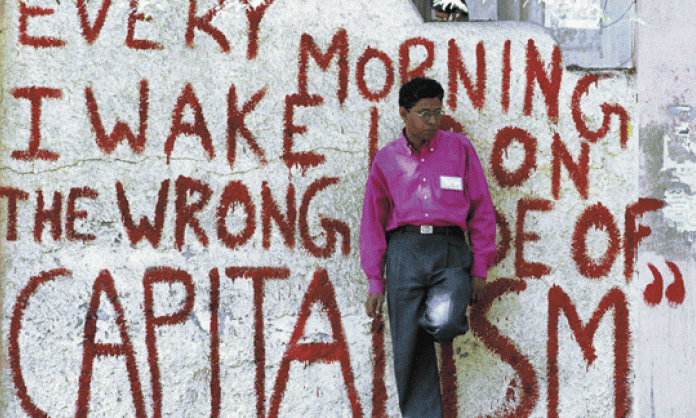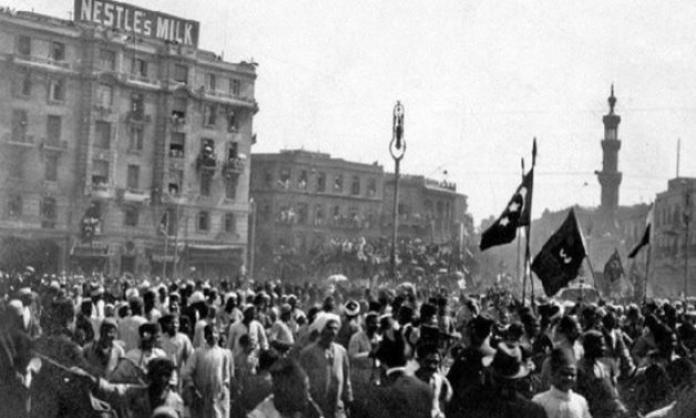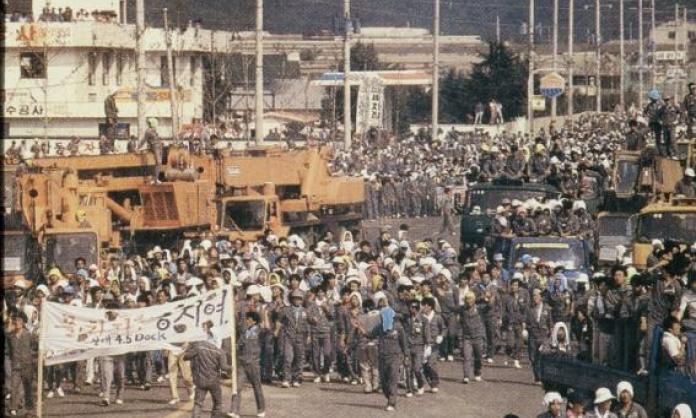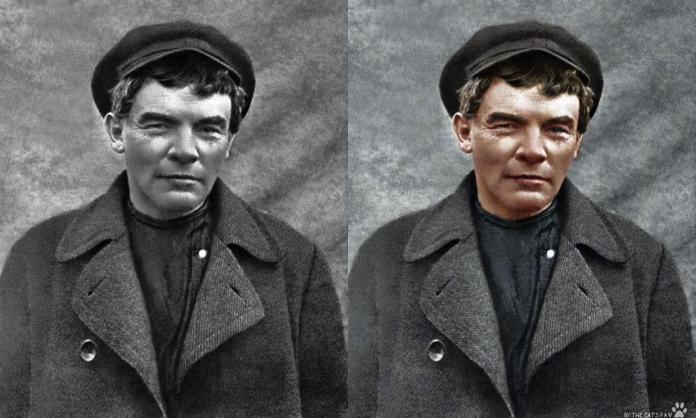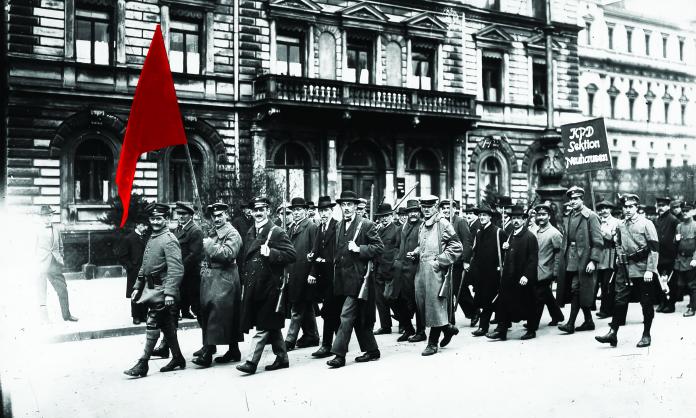Nearly everyone wants to be physically and mentally active in some socially useful way. That desire to be useful doesn’t vanish when people pass some particular age.
And yet, the great majority of workers look forward to their retirement – even when it is years away.
This real, ongoing contradiction stems from the fact that labouring activity under capitalism is oppressive and exploitative. We want to contribute, but we are forced to work. (And we are forced to work in ways that we probably wouldn’t choose if we were allowed to choose.)
Our remote ancestors survived because they cooperated – gathering food, hunting, fending off predators and so on. This ability to work together is the basis of all the subsequent achievements of the human race. Although no one has yet proved it one way or the other, an instinct to collaborate productively is probably in our genes.
But even if it isn’t, thousands of years of social history have made it part of everyone’s cultural environment: participating in social production is what makes us feel, and be, part of society.
But the other side of labour in every class society is that it is exploited, and this becomes its dominant feature. For slaves or serfs, it is obvious that they are forced to work for their exploiters: anyone who tries to refuse is immediately subject to physical violence. But also for most people in capitalist society, their work is something unpleasant that is imposed on them by things like the need to eat.
Capitalism adds some new aspects to this exploitation. The ruling class now exploits the producers indirectly. The things we produce may look like coal or computers or carrots, but that is not their social function. Unlike slaveowners or feudal lords, the capitalists don’t consume the products made by their own workers; they realise exploitation by selling those products, turning them into money.
That money is capitalism’s enforcer, what the whip or the club were for precapitalist exploiters. Because workers lack money, we have to sell ourselves for another week. Because they have money, the capitalists can exploit us again. The money they use to exploit us this week is the profit we produced for them last week.
This means that production, our human activity as social beings, is not only transformed into exploitation. In it, we also produce the means of our continued exploitation. We are rather like slaves who are ordered to produce whips. Our lives are divided into two: work that belongs to the boss and oppresses us, and leisure that is valued only because it is not work, not our real human activity. As Marx put it, “… the worker feels himself only when he is not working; when he is working, he does not feel himself”.
It is only reasonable for workers to seek to lessen our exploitation by reducing the amount of time we are forced to work for the capitalists, including by retiring while there’s still life left in us. But work can become really satisfying, because it will be fully human, when there are no more exploiters to distort it.




